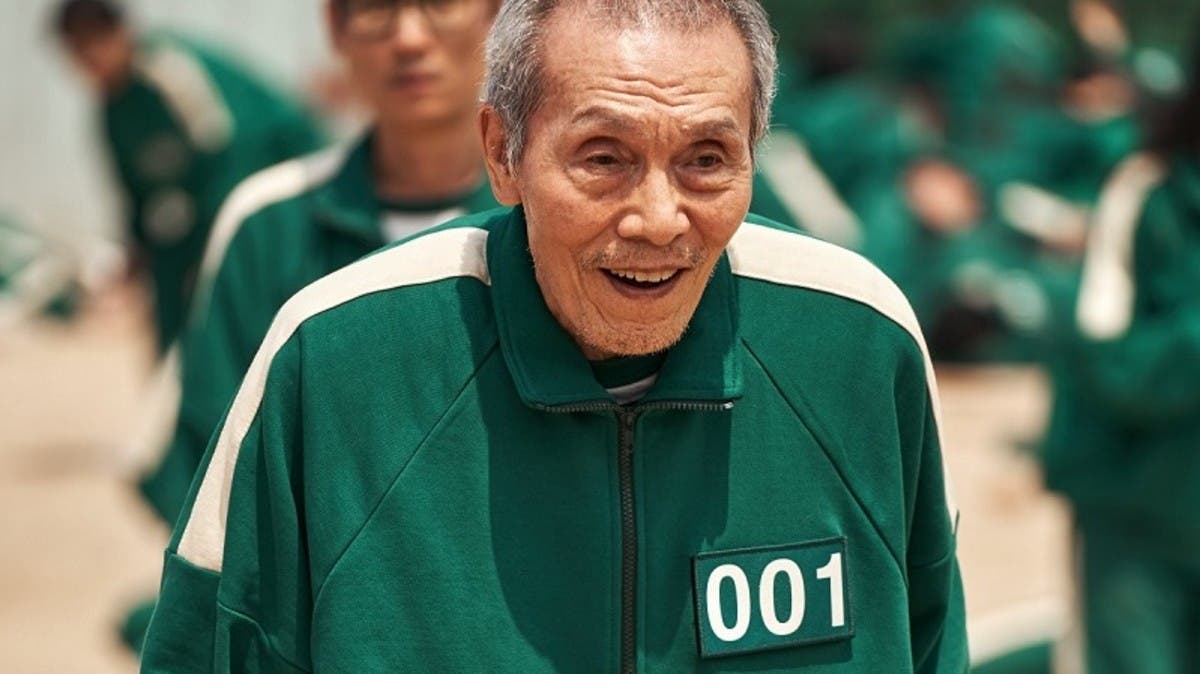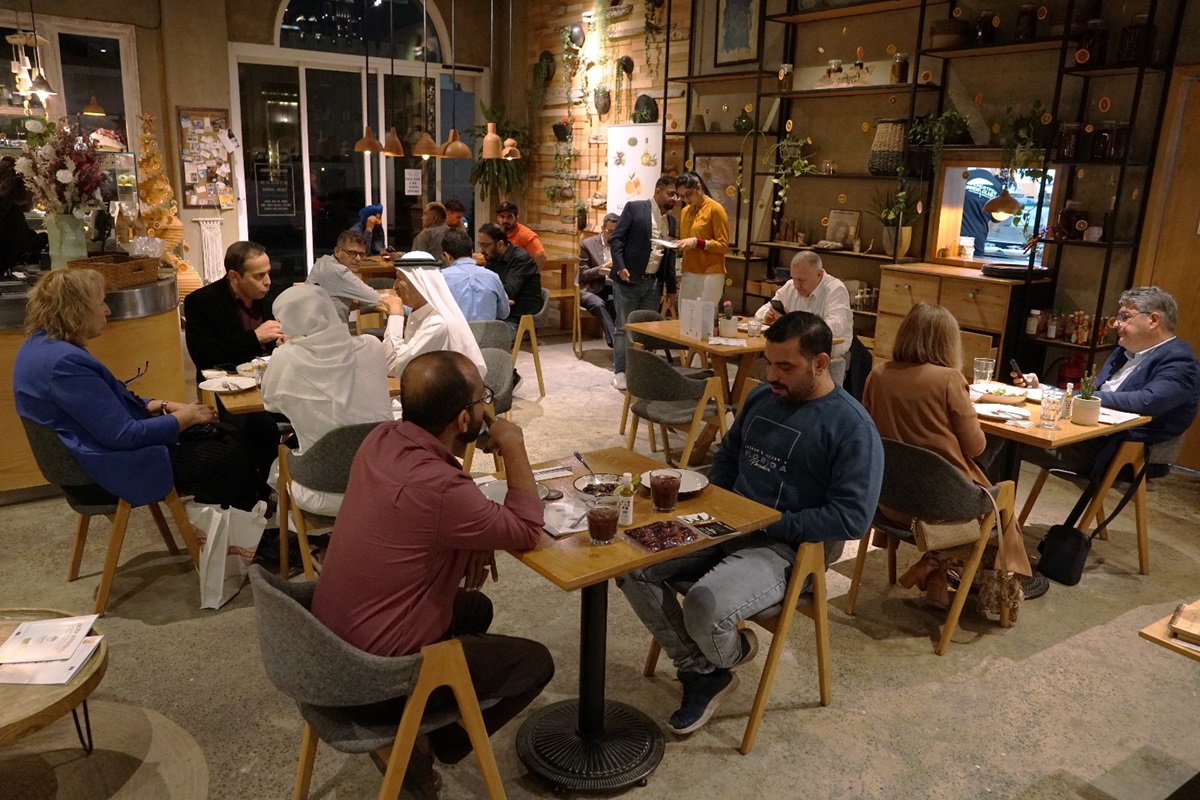South Korean actor O Yeong-su won the country’s first Golden Globe award on Sunday for his role in Netflix hit “Squid Game”, drawing cheers at home and abroad despite criticism for the ceremony’s organizers over a lack of diversity.
For the latest headlines, follow our Google News channel online or via the app.
O, 77, won best supporting actor in television for his portrayal of Oh II-nam, also known as The Host or Player 001, becoming the first South Korean ever to snatch a Golden Globe.
He beat more globally renowned competitors including Billy Crudup and Kieran Culkin, who were respectively nominated for their performances in The Morning Show and Succession.
This year’s ceremony was held privately without the usual glitzy fanfare after many actors, directors and film studios refused to attend amid criticism that its organizer, the Hollywood Foreign Press Association, lacked decent ethics policies and ethnic diversity.
“After hearing the news, I told myself for the first time, ‘you’re a nice dude,’” O said in a statement released by Netflix.
“It’s no longer us within the world, it’s the world within us. Embracing the scent of our culture and the love for my family, Thank all of you in the world. I wish you a beautiful life.”
O’s achievement came after Youn Yuh-jung won best supporting actress at last year’s Academy Awards, the first South Korean to win an Oscar, for her role in “Minari,” a heartfelt Korean immigrant tale.
Dystopian drama
“Squid Game”, in which cash-strapped contestants play childhood games with deadly consequences in a bid to win 45.6 billion won ($38.1 million), had triggered a worldwide sensation and became Netflix’s biggest original series launch.
In the nine-part show, O posed as a frail, harmless old man, before eventually revealing his true identity as the sinister orchestrator of the games.
The dystopian drama has inspired countless real world recreations and social media memes in South Korea, including his use of the term “kkanbu”, which roughly translates as “friend”, propelling his popularity as a hippy “kkanbu grandpa”.
Born in 1944 in what is now a North Korean border town of Kaepung, O is regarded as one of the greatest stage actors in South Korea, appearing in more than 200 stage productions since 1963 and winning a number of major awards.
He has also played many charismatic supporting characters in film and television, including in “Spring, Summer, Fall, Winter… and Spring” released in 2003 by late award-winning director Kim Ki-duk.
O’s portrayals of a Buddhist monk in that 2003 movie and others won him the nickname “monk actor” and several television commercials.
He said during a TV appearance in October that he had decided to join “Squid Game” out of appreciation for the director’s insight over social irregularities.
“Our society goes by as if only No. 1 survives. No. 2 lost to No. 1 but beat No. 3. After all, everybody is a winner,” he said then.
Read more:
Netflix estimates ‘Squid Game’ will be worth almost $900 million
Netflix to release weekly ‘Top 10’ lists of most popular movies and TV shows
‘Squid Game’ cryptocurrency $SQUID crashes, scammers cash millions


 World2 years ago
World2 years ago
 World2 years ago
World2 years ago
 Entertainment7 years ago
Entertainment7 years ago
 World7 years ago
World7 years ago
 Entertainment7 years ago
Entertainment7 years ago





